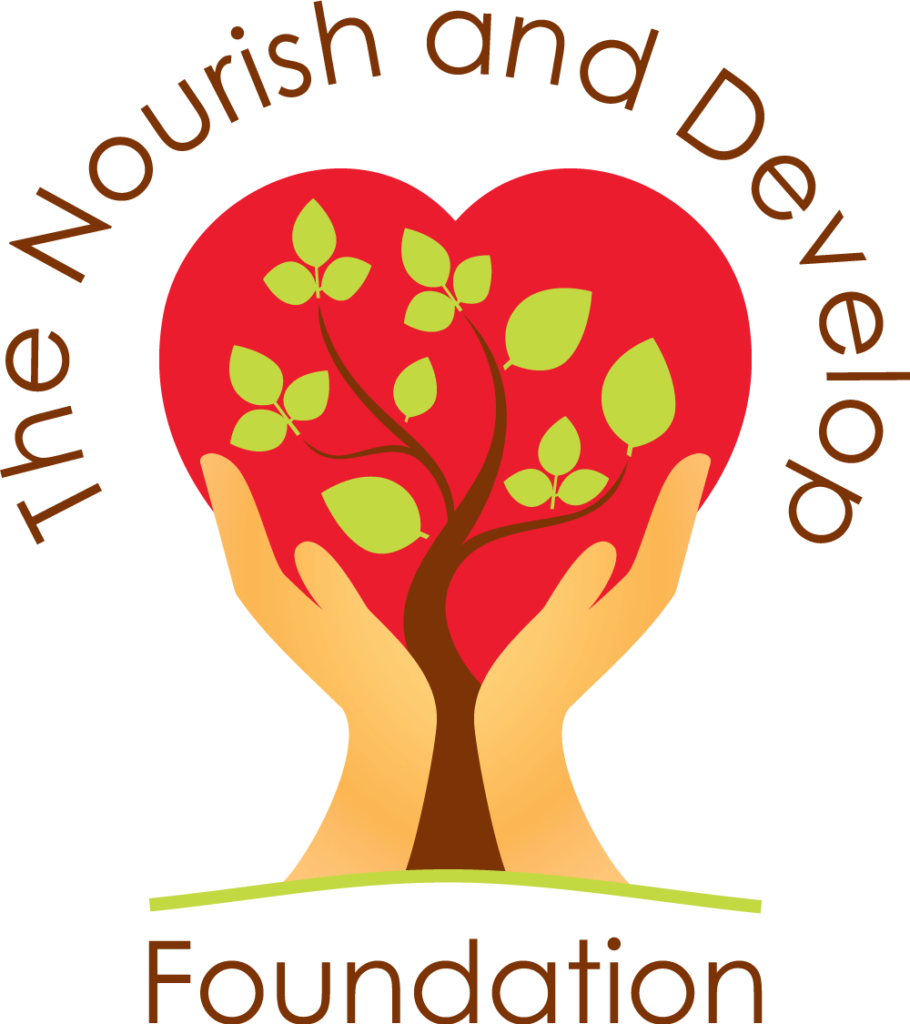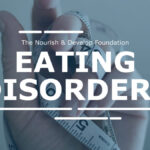Schizophrenia is a chronic, complex mental illness that is
symptoms
Symptoms of schizophrenia typically first appear in early adulthood (late adolescence to early 20s for men, 20s to early 30s for women). In this context, ‘positive’ does not refer to qualities as ‘good’ and ‘negative’ as ‘bad’ but rather a presence (+) or absence (-) of symptoms and normal behaviours respectively. The patterns and severity of the symptoms vary dramatically between individuals and may change over time.
Positive symptoms
- Hallucinations (hearing and seeing things that aren’t there)
- Hallucinations can involve any of the five senses (sight, smell, taste, sound, touch) with auditory hallucinations being the most commonly experienced.
- Delusions (firmly held beliefs that aren’t supported by objective facts)
-
- Delusions are experienced by more than 90% of people who have schizophrenia and often present themselves in four different ways:
- Delusions of persecution: Belief that a vague ‘they’ are out to get you such as the government trying to poison you with radioactive chemicals through your tap water.
- Delusions of reference: Belief of a neutral environmental event such as a billboard or person on television delivering a special and personal meaning or message to you specifically.
- Delusions of grandeur: Belief of being a famous or important figure such as Jesus Christ or Gandhi or having supernatural abilities.
- Delusions of control: Belief that your thoughts and actions are being controlled by outside forces such as having private thoughts being transmitted to others, being planted in your head, or being withdrawn.
- Delusions are experienced by more than 90% of people who have schizophrenia and often present themselves in four different ways:
-
- Disorganized speech (having trouble concentrating and keeping a train of thought that can translate through speech)
-
- Disorganized speech occurs when someone has trouble organizing their thoughts and speaks unusually or illogically. Common patterns include:
-
- Loose associations: Rapidly shifting from one topic to the next with disconnecting thoughts
- Neologisms: Creating made up words or phrases that only have meaning to the person using them
- Perseveration: Saying the same word or statement over and over
- Clang: A meaningless use of rhyming words (“I said the bread and read the shed and fed Ned at the head”)
- Disorganized behaviour (actions are not taken to achieve a goal and can range from childlike silliness to unpredictable agitation)
- Disorganized behaviour disrupts goal-oriented activities such as impairing the ability to take care of yourself, completing tasks, and interacting with others through lack of impulse control, unpredictable or inappropriate emotional responses, and behaviours that seem bizarre and have no purpose like useless repetitive or excessive movements.
Negative symptoms
- In general, negative symptoms are the reduced or lack of ability to function normally, such as:
- Lack of emotional expression
- Lack of interest or enthusiasm
- Neglect of personal hygiene
- Withdrawal from social life
- Inability to anticipate and feel pleasure
- Having very low energy
- Trouble planning and sticking to activities
- Cognitive Symptoms
- Cognitively, symptoms involve trouble with attention, memory, and concentration. It can be difficult to:
- Process information and make decisions
- Use information after immediately learning it
- Focus and pay attention
- Follow conversations
- Remember appointments
- Cognitively, symptoms involve trouble with attention, memory, and concentration. It can be difficult to:
Diagnoses
For a diagnosis of schizophrenia to be met, the process is to be conducted by a professional like a psychiatrist or psychologist through assessments and a review of medical history and there must be a presence of two or more of the following symptoms for at least 30 days:
- Hallucinations
- Delusions
- Disorganized Speech
- Disorganized or catatonic behaviour
- Negative symptoms
Other diagnostic criteria:
- Experiencing significant problems functioning at work or school, taking care of oneself, and relating to others
- Showing continuous signs of schizophrenia for at least six months, with active symptoms (hallucinations, delusions, etc.) for at least one month
- Having no other mental illness, medical issue, or substance use problem that can explain the symptoms
Early warning signs
Gradual changes may occur prior to the first episode of psychosis, generally starting during mid-adolescence, such as:
- Depression, social withdrawal
- Hostility or suspiciousness, extreme reaction to criticism
- Deterioration of personal hygiene
- Flat, expressionless gaze
- Inability to cry or express joy or inappropriate laughter or crying
- Oversleeping or insomnia; forgetful, unable to concentrate
- Odd or irrational statements; strange use of words or way or speaking
Myths
- People who have schizophrenia are violent or dangerous
- Most people with Schizophrenia are not any more violent or dangerous than the general population, however, they are more likely to be harmed by others than those who do not have the mental illness.
- Schizophrenia is the same as having multiple personalities
- Although it may appear similarly on the surface, two or more distinct identities that alternate in taking control over someone must be present to have Dissociative Identity Disorder.
- It is rare to have Schizophrenia
- The lifetime risk for developing Schizophrenia is approximately 1 in 100 people have Schizophrenia, making it much more common than rare to have.
Risk Factors
- Genetics
- When someone has a close family member that has Schizophrenia, they have a higher risk of developing it. However, for someone who does have it, it does not mean others in the family will have it as well.
- Environment
- Traumatic events like childhood abuse and early parental loss, being exposed to a virus in the womb or during infancy, and low oxygen levels during birth have been identified as vulnerabilities that could potentially trigger Schizophrenia when genes have already been inherited.
- Brain Structure
- Abnormal brain chemistry may play a role in developing Schizophrenia, with differences in connections and areas of the brain.
Supporting others
- Help them to get and stay in treatment: early intervention has best results in treatment, so support them through connecting with a professional for an evaluation and suggest self-help tools.
- Remember the experience is very real to them: sympathize with the seriousness of the situation by being respectful and kind but do not tolerate dangerous or inappropriate behaviour.
- Promote a healthy lifestyle: lead by example and encourage exercising, social support, nutrition, and avoiding alcohol and drugs.
treatment
One should enter treatment with the understanding that it is to be long-term. Even if someone feels better, it is important to continue in treatment to prevent new episodes and a relapse of symptoms. If left untreated, complications with schizophrenia can lead to abuse of substances, suicidal ideation, and homelessness. The following treatments are not an exhaustive list of options.
- MedicationAntipsychotic medications can help reduce the intensity and frequency of psychotic symptoms like hallucinations and delusions. Mood stabilizers and antidepressants may also be prescribed. Finding the right medication and dosage is a trial-and-error process, so patience is required.
- PsychotherapyHigh levels of stress can trigger psychotic episodes. Participating in therapy, particularly Cognitive Behavioural Therapy, can help someone to learn coping strategies when faced with stress, how to deal with hallucinations and delusions, and to identify early warning signs of relapse.
- Coordinated CareHaving an interdisciplinary team of professionals such as a psychiatrist, social worker, psychotherapist, employment, and educational support, etc. is best for effective case management for someone with Schizophrenia. They can work with the team to make treatment decisions, manage medications, and involve family members to reduce symptoms and improve the quality of life.



